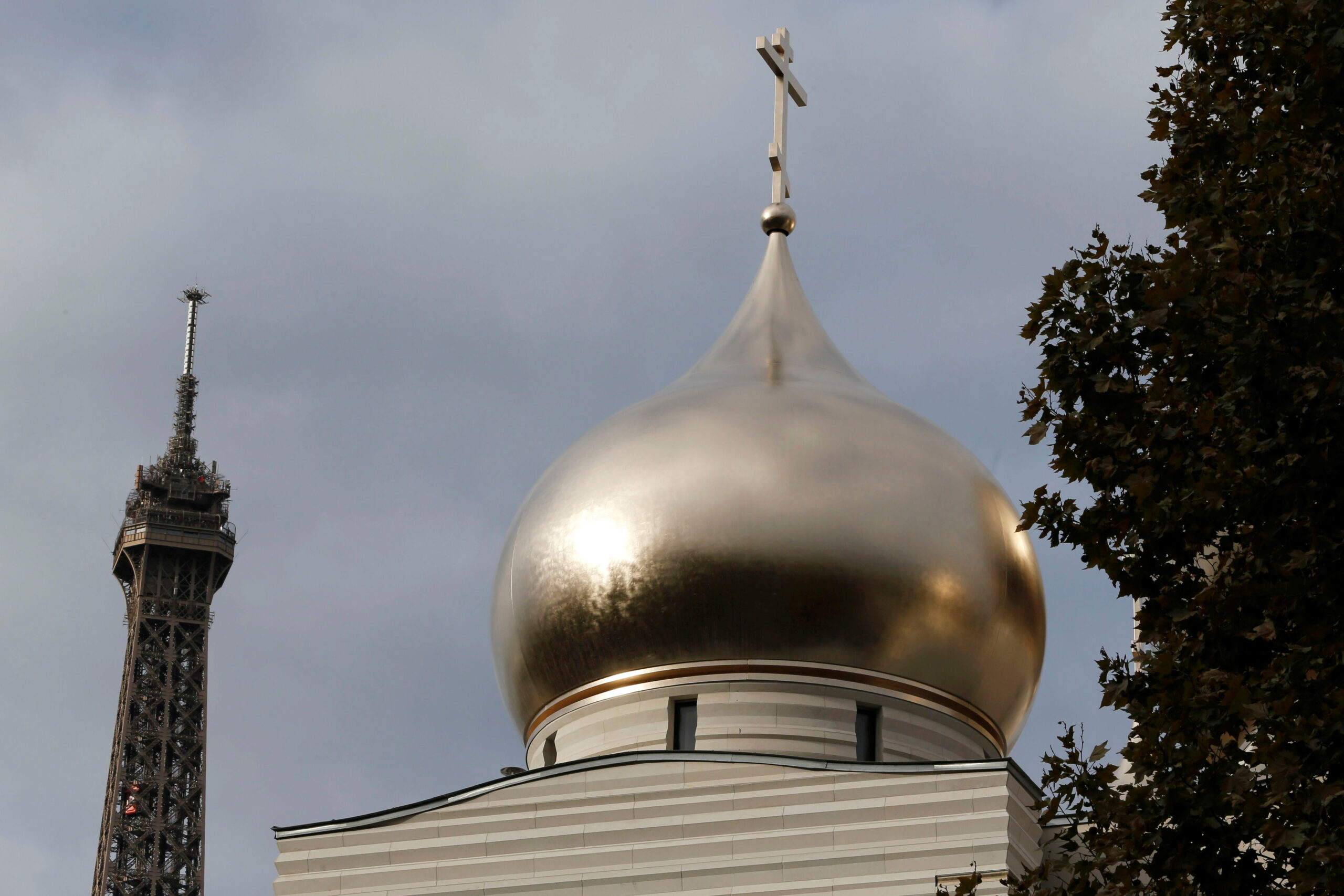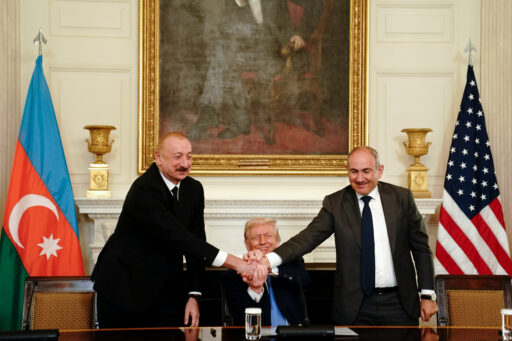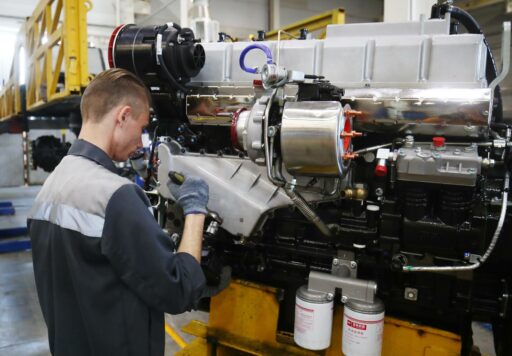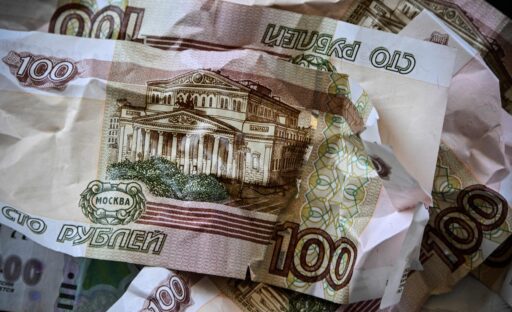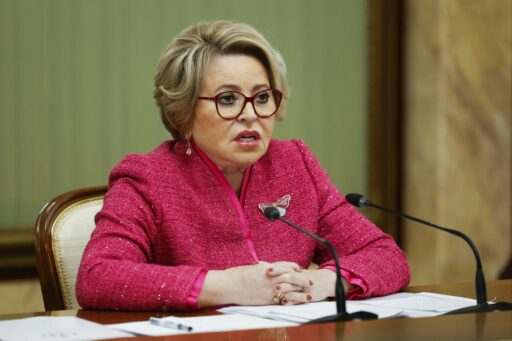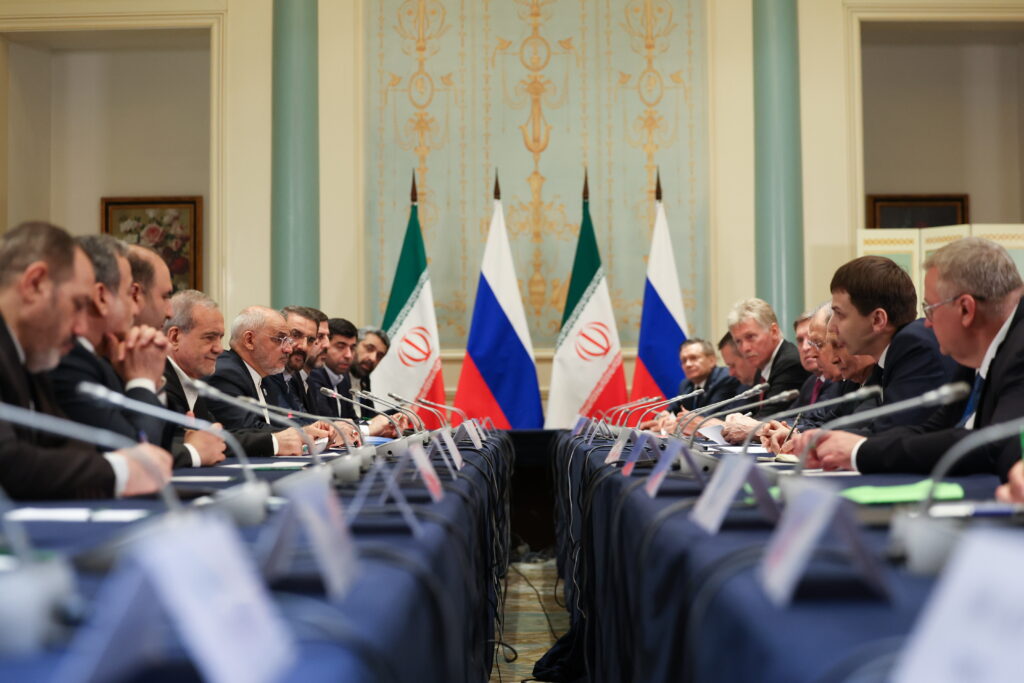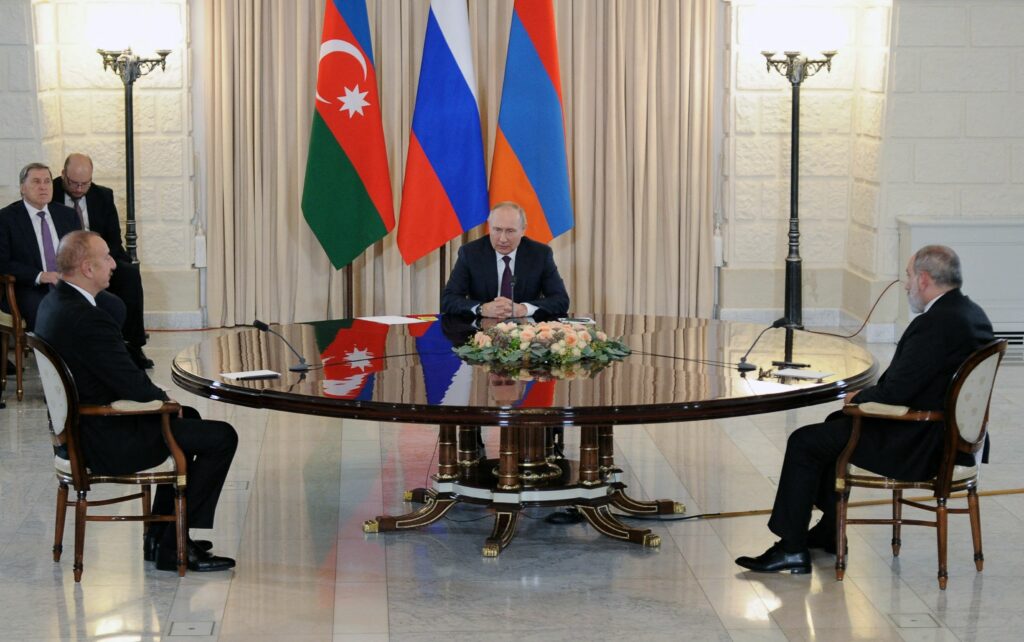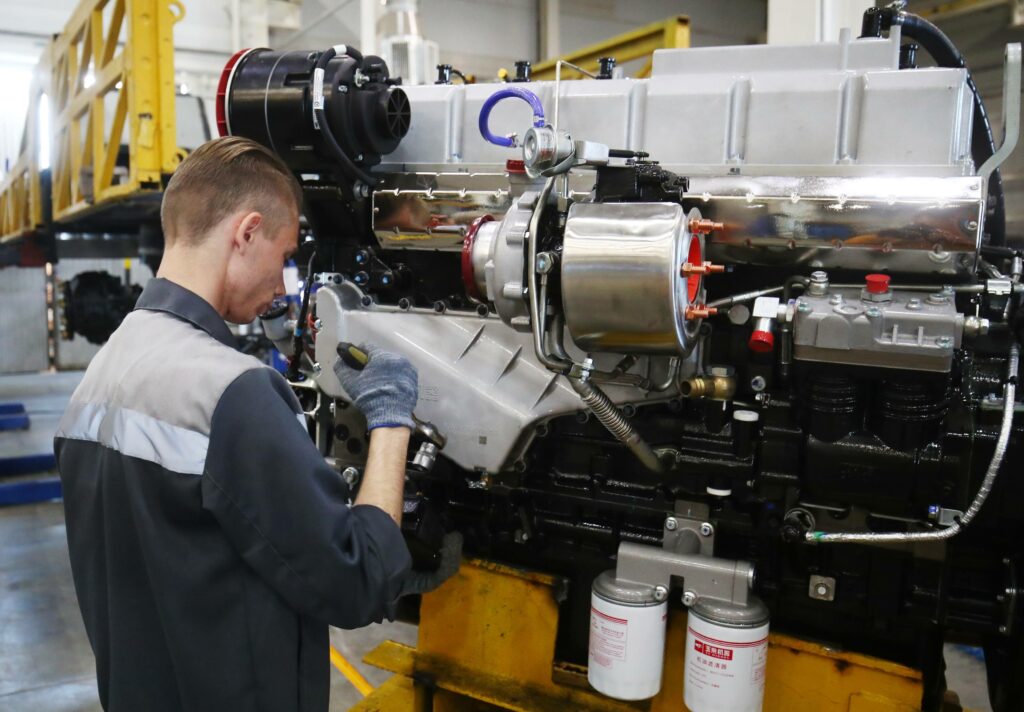For nearly two centuries, French intellectuals have oscillated between romantic fascination with Russia and sharp critique of its political evolution. From the Slavophilia of the nineteenth century to disillusionment with Vladimir Putin’s regime, this relationship reveals more than geopolitics. The perception of Russia often reflects the intellectual and political concerns of French observers more than Russia itself, serving as a screen onto which domestic anxieties, ideological preferences, and interpretive biases are projected.
The Russian question has never left the French mind. It reappears in each crisis like an echo, asking not only what Russia is, but also what France sees in it.
A Historical Romance: From Dostoevsky to the Bolsheviks
In the nineteenth century, France’s interest in Russia took multiple forms, shaped not always by direct engagement but by impressions from travel, diplomacy, and, above all, literature. Writers like Prosper Mérimée and Alexandre Dumas crafted an image of Russia as both cultured and archaic, fascinating yet opaque. This duality proved enduring. However, it was through translated fiction that Russia became truly present in French intellectual life. From the 1880s, works by Dostoevsky—especially Crime and Punishment and The Brothers Karamazov—began to circulate. Turgenev, living in Paris and in contact with Flaubert and Zola, was widely read. According to Katia Granoff, by the century’s end, he was among the most popular foreign authors in France.
This influence extended beyond a small literary elite. Translations of Tolstoy, for instance, reached a broader audience. Hachette’s editions of War and Peace and Anna Karenina in the 1890s sold thousands of copies—modest by today’s standards but significant for the time. Russian works also appeared in journals like La Revue des Deux Mondes, reaching an educated readership beyond academic circles. Gradually, Russia’s presence in France shifted from exotic curiosity to a fixture of the cultural landscape.
By the twentieth century, perceptions of Russia in France grew more complex. For thinkers like Albert Camus and Simone Weil, Russia represented more than a geopolitical entity; it embodied a spiritual or moral alternative—a different way of conceiving community and the individual. Weil, in particular, was drawn to pre-Soviet communal structures like the mir and to Orthodox thought. In 1944, she wrote that «Russia resists the fragmentation of man into functions”—a statement revealing more about her critique of Western dislocation than about Russia itself. This reflects how French thinkers often projected their own values onto Russia, seeking what they felt was missing at home.
The 1917 Revolution intensified this dynamic. For some, it confirmed hopes for a new social model; for others, it introduced deep ambivalence. André Gide’s 1936 journey to the USSR began with admiration but ended in disillusionment. Writers like Louis Aragon, Paul Nizan, and André Malraux experienced similar shifts, struggling to reconcile political ideals with Soviet realities. Jean-François Revel later argued that the USSR had become a symbolic object—a lens for reflecting on France itself rather than a country to understand on its own terms.
Meanwhile, a different Russia emerged in exile. After 1917, Paris became a hub for émigrés blancs (or russes blancs)—writers, clerics, and former officials who rejected the Soviet regime but remained tied to Russian culture. Figures like Ivan Bunin, Nikolai Berdyaev, and Metropolitan Eulogius sustained a vibrant cultural life despite displacement. Through journals like La Pensée russe and publishers like YMCA Press, they preserved forms of Russian intellectual and religious thought erased from official Soviet discourse.
For French intellectuals disenchanted with Stalinism, this exiled Russia offered a space for reflection. It suggested that Russian culture could exist independently of the state, fostering a more nuanced image of Russia—one that embraced contradiction, memory, and continuity.
Cold War Tensions: Between Commitment and Disenchantment
The postwar period crystallized a lasting divide in French intellectual life. Jean-Paul Sartre refused to denounce Soviet repression, viewing silence as alignment with anti-colonial movements. Raymond Aron, by contrast, demanded ethical coherence and rejected any indulgence toward authoritarian regimes. Their disagreement reflected a broader dilemma for the French left: how to critique Western hegemony without legitimizing Soviet violence. For many, the USSR was not an ideal but a necessary counterbalance in a bipolar world. Sartre prioritized political engagement, risking moral compromise; Aron defended critical distance to preserve intellectual integrity.
Yet Soviet repression did not erode the USSR’s symbolic capital in France. The French Communist Party retained significant influence, and Soviet cultural output—ballet, cinema, literature—continued to earn critical acclaim. Stalin’s postwar repressive turn, marked by anti-cosmopolitan campaigns and censorship, paradoxically reinforced the regime’s aura. The Soviet system, closed and ideologically rigid, was perceived as intellectually serious, even if morally suspect. Its inaccessibility amplified its mystique.
After 1968, a shift occurred. A new generation of intellectuals—André Glucksmann, Bernard-Henri Lévy, Alain Finkielkraut—broke with Marxist traditions and rejected all totalitarian models. While their critique targeted Soviet institutions, the distinction between «USSR» and «Russia» remained blurred. Years of conflation had turned «Russia» into a proxy for the Soviet experience. As a result, political criticism evolved into broader skepticism toward Russian intellectual traditions, now seen by some as historically prone to authoritarianism.
After the Fall: Between Nostalgia and Strategic Blindness
The Soviet Union’s collapse in 1991 left French intellectual life without a stable ideological reference. Some, like Alain Badiou or Régis Debray, sought to interpret the moment—one regretting the loss of universal narratives, the other warning against Western triumphalism. But the intellectual field became fragmented. Marxist approaches persisted in some university departments, but broader attention shifted to other global concerns: Islamist terrorism, American hegemony, and ecological crises.
Developments inside Russia were largely overlooked. The Yeltsin years were often reduced to clichés—a drunken president, economic chaos, a country adrift—obscuring deeper structural changes: the rise of oligarchic capitalism, weakened institutions, and eroding democratic life. These shifts paved the way for Vladimir Putin’s consolidation of power.
In the early 2000s, Putin was widely portrayed in France as a stabilizing figure. Major newspapers and analysts—including Le Monde, Le Figaro, Hélène Carrère d’Encausse, and Marie Mendras—often described him as a pragmatic modernizer. Authoritarian shifts were acknowledged but rarely connected. The second Chechen war, restrictions on independent media, concentration of power in the presidency, and political marginalization of opponents were treated as discrete developments. Even the 2006 murder of journalist Anna Politkovskaya was not widely seen as a sign of systemic repression.
Specialists like Françoise Thom and Cécile Vaissié had long documented the regime’s tightening grip and use of propaganda, but their warnings remained confined to academic or expert circles—until the 2014 annexation of Crimea forced a broader reassessment. Russia, once again, became a symbol: a decadent relic or a tragic empire. The complexity of its civil society, the diversity of its regions, and the struggles of its people were too often left unspoken.
Putin and the French Right: A Curious Attraction
In the early 2000s, Russia re-entered French public debate, driven more by ideology than diplomacy. Prominent conservatives like Michel Onfray, Philippe de Villiers, and Éric Zemmour openly praised Vladimir Putin for his traditionalism, nationalism, and unapologetic defense of sovereignty, portraying him as a moral counterpoint to Western liberal decline.
For many, Russia embodied what the West was thought to have lost: order, identity, rootedness—the assurances of a cohesive national community amid perceived fragmentation. This sentiment was amplified by far-right publications and networks that valorized Russia as a civilizational counterpoint to liberal modernity.
The Kremlin nurtured this perception through targeted media and cultural strategies. Via institutions like Rossotrudnichestvo and elite events, it cultivated ties with European sovereigntist thinkers, such as Jacques Sapir in France, and conservative influencers, creating a soft-power ecosystem around Russian religious and national narratives.
This projection ignored the realities underpinning Russian strength: heavy state intervention in the economy, oligarchic-clan alliances, pervasive surveillance, and repression of dissent. These policies were often overshadowed by a romanticized vision of Russia as a stable, morally anchored state, particularly within sympathetic circles like Valeurs actuelles, the Institut Iliade, the Centre de recherche sur la mondialisation, and certain Catholic traditionalist networks, where repression and authoritarianism were downplayed or ignored.
As Marlène Laruelle has argued, such admiration often reveals Western fears more than Russian realities. Her scholarship suggests that these projections stem from insecurities about postmodern identity, migration, and the European Union’s erosion of national sovereignty—not from an authentic engagement with Russia’s political dynamics.
War and Wake-Up Calls: The Ukraine Effect
The 2014 annexation of Crimea and the 2022 full-scale invasion of Ukraine marked a decisive rupture. For many French intellectuals, the illusion of a stable or benign Russia collapsed. Voices like Raphaël Glucksmann, Anne Nivat, and Michel Eltchaninoff emerged as prominent critics, advocating for European firmness and ethical clarity.
Public discourse shifted. Cyberattacks, disinformation campaigns, and the Wagner Group’s operations entered the collective lexicon. Romanticism gave way to vigilance. These debates also impacted academic and journalistic circles. Think tanks like IFRI and Fondation Jean-Jaurès intensified their focus on Russian influence strategies, while outlets like Le Monde and Libération expanded coverage of the Kremlin’s hybrid tactics. However, this mobilization often remained reactive, driven by major geopolitical events—the annexation of Crimea, disinformation campaigns, or election interference—rather than a sustained, structured research agenda. As a result, in-depth expertise and nuanced analytical voices were frequently overshadowed by news cycles, media polarization, and simplified narratives.
Yet consensus remained elusive. Some continued to frame the war through the lens of NATO’s expansion. Others rightly cautioned against conflating the Russian state with its people. Voices like Hélène Carrère d’Encausse emphasized Russia’s historical wounds and insecurities, urging a more nuanced analysis.
The Dugin Mirage: Mystique Without Substance
Alexander Dugin’s resonance in France owes little to his actual influence in Moscow and much to his reappropriation of French far-right and traditionalist thought. Drawing on thinkers like Alain de Benoist, René Guénon, and Julius Evola, he constructs a civilizational narrative opposing liberal modernity—an ideological framework that echoes long-standing French intellectual traditions. For segments of the far right, this mirroring serves as validation: their worldview appears affirmed by a foreign thinker who integrates French references into a global alternative to Western liberalism.
Dugin is treated as a prophet by small but vocal identitarian and esoteric-nationalist circles in France, including readers of Éléments, contributors to Polémia, and fringe analysts on Stratpol. Figures like Aymeric Chauprade and Lucien Cerise elevate his image, not because of his strategic relevance in Russian policymaking, but because he symbolizes resistance to modernity, egalitarianism, and global liberal norms.
His actual political weight in Russia is minimal. His writings blend Eurasian mysticism, Heideggerian metaphysics, and traditionalist symbolism in a manner often more theatrical than actionable. The fascination he generates reflects less a meaningful engagement with Russian politics than a persistent French tendency to romanticize ideological radicalism while overlooking the pluralism and civic struggles within Russian society.
Russian Culture in France: Persistence Without Alignment
France’s engagement with Russian culture owes less to current political sympathies than to the enduring power of Russian art to address moral and existential questions. Writers like Tolstoy, Dostoevsky, and Chekhov remain central in French schools, universities, and publishing houses. Gallimard and Actes Sud continue to produce new translations and annotated editions, not out of nostalgia, but because these texts resonate with readers grappling with the human condition.
In film and music, this presence is equally strong. Andrei Tarkovsky’s films are regularly screened at the Cinémathèque française, most recently in 2025, presented not as exotic artifacts but as meditations on memory, time, and inner struggle. On stage, composers like Shostakovich and Rachmaninov are mainstays at venues like the Philharmonie de Paris and Radio France—not despite current tensions, but perhaps because of them.
Rather than being erased, Russian cultural works are being reinterpreted. Curators, educators, and essayists frame them as lenses through which to question violence, ideology, or the limits of Western rationalism. In this context, Russian cultural heritage functions less as a representation of the current regime than as a conceptual framework for exploring modern dislocation, moral uncertainty, and the erosion of stable political paradigms.
A French Contribution: Clarity with Complexity
What role can French intellectuals play in this evolving landscape? Perhaps it lies in a form of lucidity rooted in national tradition—one that embraces tension over simplification and ambiguity over moral posturing. Yet, in today’s geopolitical climate, lucidity must be paired with ethical clarity.
As of 2025, public debate in France remains fragmented. President Macron’s insistence on maintaining dialogue with Russia has drawn both diplomatic praise and fierce domestic criticism. While some appreciate his Gaullist instinct for autonomy and mediation, others denounce it as strategic naïveté in the face of war crimes and revisionist aggression. In the broader public sphere, Russia is often seen less as a direct threat to France than as a destabilizing force at Europe’s periphery—geographically distant but ideologically and institutionally contagious. The war in Ukraine has heightened awareness, but it has not yet translated into a fully coherent cultural or political strategy.
France may hold a unique position in engaging with the Russian exile community—journalists, artists, academics—many of whom seek not only refuge but platforms for reinvention. Rather than viewing Russian culture as a frozen canon or its regime as monolithic, France can contribute to mapping the country’s internal pluralism. This requires sustained support: investing in Russian-language education, funding independent media in exile, translating dissident voices, and fostering long-term academic and artistic collaboration. It also means recognizing that cultural engagement is not moral neutrality—it is a strategy of critical engagement and informed resistance.
